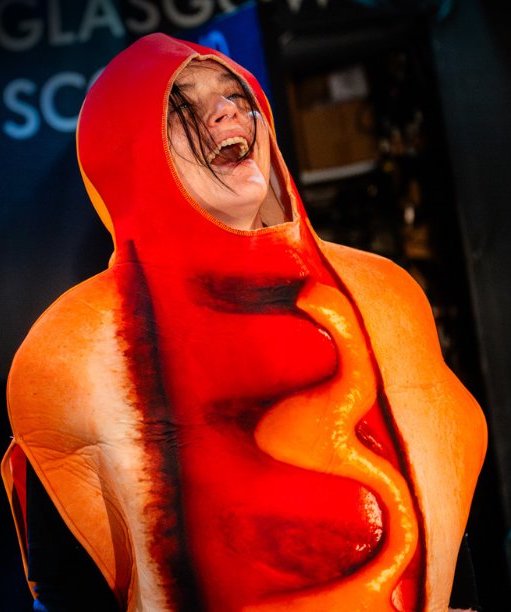


30/03/24
Cineworld, Edinburgh
Benoît Delhomme’s directorial debut looks beautiful: every scene is a pastel-perfect work of art. Stepford-ish wives Celine (Anne Hathaway) and Alice (Jessica Chastain) are next-door neighbours, with identikit McMansions, impeccable wardrobes and lookalike husbands. Even their sons, Max (Baylen D. Bielitz) and Theo (Eamon Patrick O’Connell), are a matching pair: they’re best friends, just like their moms. But not everything in this 1960s paradise is as peachy as it seems, and Max’s sudden death exposes more than just grief…
Mothers’ Instinct works well in many ways: Hathaway and Chastain deliver performances as flawless as their characters’ powder-pink co-ords. Celine’s brittle devastation and Alice’s mounting unease are slowly revealed, leading us first one way and then another, as we’re not sure whose version of reality to believe. The tension crackles and there’s some fine melodrama at play here.
Sadly – and don’t read any further if you’re worried about spoilers – there’s also an embarrassingly regressive subtext: women without children are monstrous. A generous reading might be that this is what happens to women when motherhood is the only role they’re allowed (Alice, keen at the start of the film to return to her work as a journalist, is told by her husband to contribute something to her son’s school newsletter). But, as the film progresses, it feels more like an indictment of childless women: driven mad by the frustration of their most basic desire, they are dangerous and should be feared.
It’s 2024. I honestly thought this was going to go somewhere different, that it would tease us with the clichés and then pull the rug from under us. But no. This actually is the grieving-mother-turns-psycho insult that is suggested from the start.
In the face of this deep-rooted misogyny, it seems pointless to quibble about minor plot details, such as why the police wouldn’t suspect foul play when so many deaths occur in one small neighbourhood, or how a woman can walk on a lawn in stilettos without getting mud on her heels or crawl through a hedge without mussing up her hair.
Mother’s Instinct has a lot in common with its lead character: it’s beautifully put together, but fundamentally fucked up.
2.7 stars
Susan Singfield


























